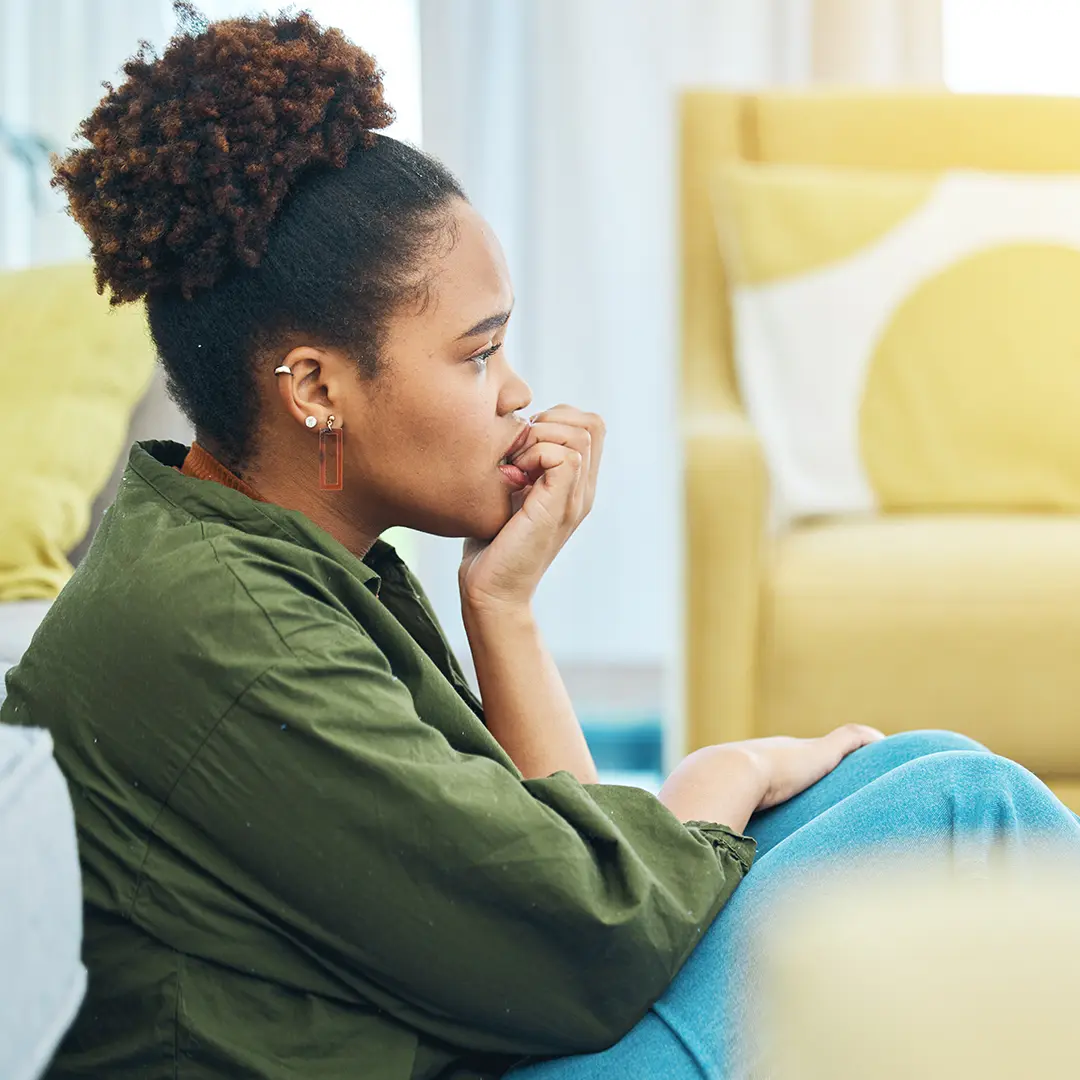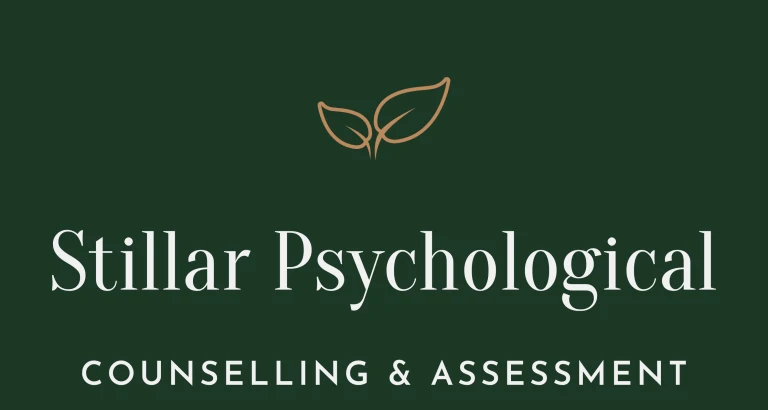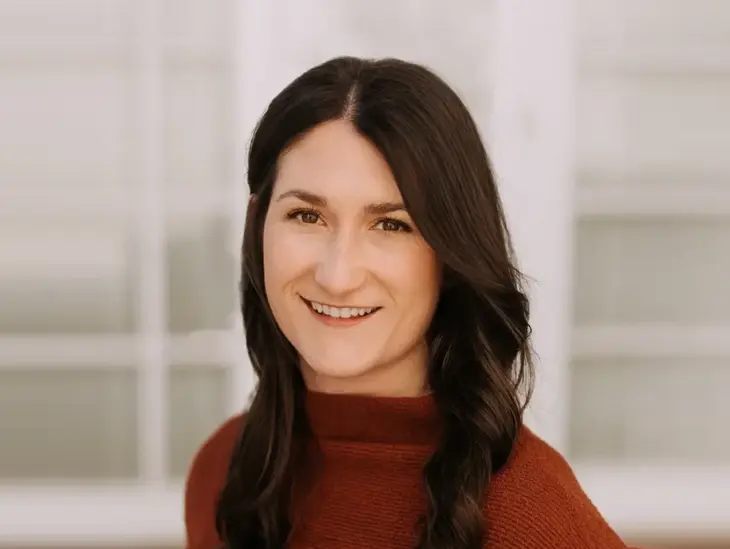Phobias Counselling Therapy in Edmonton, AB
A phobia may cause extreme anxiety as you are confronted with the thing you have an aversion to. Even just thinking about it could raise your heart rate or get your thoughts racing. Counselling can help you address a phobia and its causes, as well as learn methods to cope with and reduce the symptoms.
Common phobias include claustrophobia (fear of enclosed spaces), agoraphobia (fear of crowded spaces or being unable to escape), aerophobia (fear of flying), fear of needles, cynophobia (fear of dogs), and acrophobia (fear of heights). However, almost any extreme and irrational fear could be a phobia. Some phobias might not affect you much day-to-day, but others can stop you from living your life how you want to. Fortunately, therapy can help you address a phobia by examining how it affects you and teaching you to manage your reactions.
Our psychologist use various forms of therapy to help with phobias, including talking therapies such as cognitive behavioral therapy (CBT), as well as exposure therapy. Therapeutic techniques help you examine the root cause of a phobia, if there is one, and learn methods for controlling your thoughts and anxiety symptoms.
Book a session with a psychologist to discover how counselling can help you with a phobia.
Everyone has fears, but phobias can be much more intense. A phobia may cause extreme anxiety as you are confronted with the thing you have an aversion to. Even just thinking about it could raise your heart rate or get your thoughts racing. Counselling can help you address a phobia and its causes, as well as learn methods to cope with and reduce the symptoms.
Common phobias include claustrophobia (fear of enclosed spaces), agoraphobia (fear of crowded spaces or being unable to escape), aerophobia (fear of flying), fear of needles, cynophobia (fear of dogs), and acrophobia (fear of heights). However, almost any extreme and irrational fear could be a phobia. Some phobias might not affect you much day-to-day. However, some phobias can stop you from living your life how you want to. Fortunately, therapy can help you address a phobia by examining how it affects you and teaching you to manage your reactions.
Therapists might use various forms of therapy to help with phobias, including talking therapies such as cognitive behavioural therapy (CBT), as well as exposure therapy. In some cases, medications can be used to help control the symptoms of a phobia.
Book a session with a therapist to discover how counselling can help you with a phobia.




















